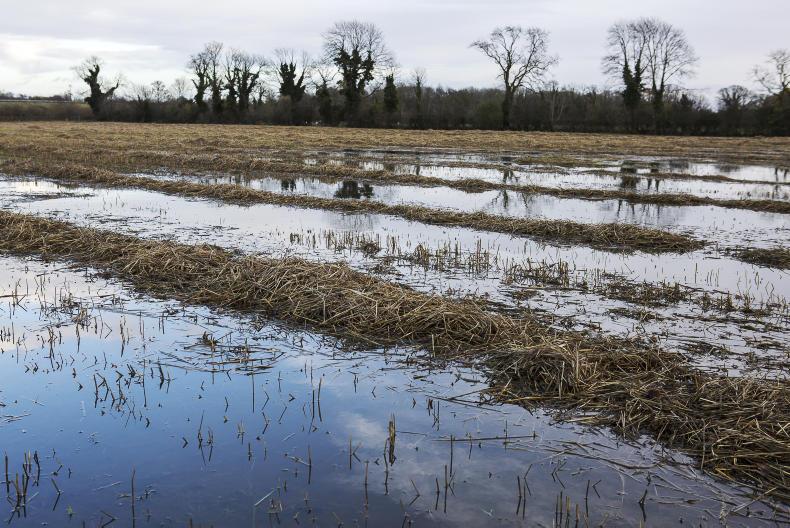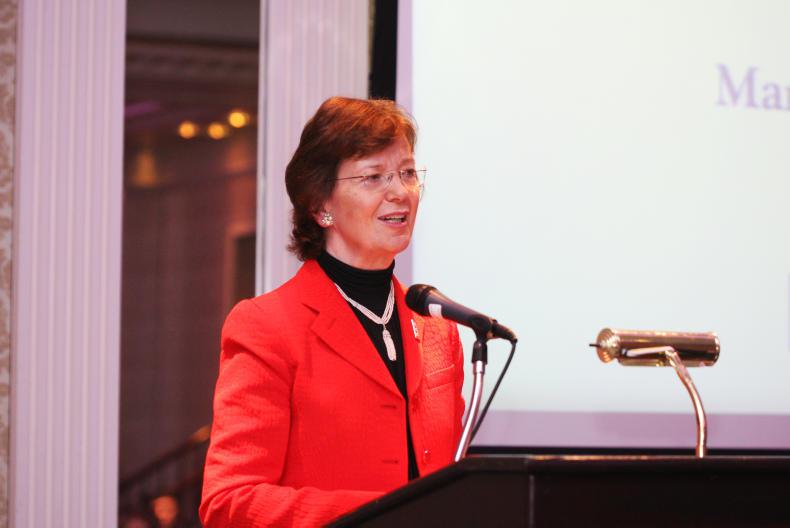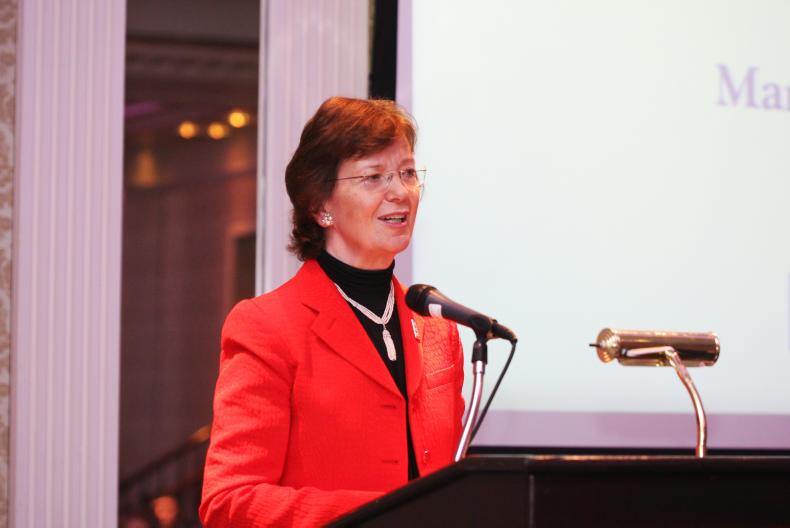Met Éireann forecaster Gerry Murphy said his organisation was moving towards “impact-based” forecasting. “The focus is not only on what the weather will be, but what it will do,” he said.
Murphy gave farming examples to illustrate the real-life information he and his colleagues wanted to include in forecasting services, from the need for dairy farmers to keep working through the disruption caused by storm Ophelia to the effect of last weekend’s snow on farmers and livestock in the Wicklow hills.
This will mean increasing engagement with stakeholders and more partnerships with various groups in society, said Met Éireann director Eoin Moran.
Helping people prepare for changing weather patterns and more extreme events will become crucial as climate change takes hold, participants said.
If they’re given the information, farmers will adapt
In addition to the need to step up efforts to cut greenhouse gas emissions causing climate change, farmers also need to adapt to the reality of changing weather conditions, warned Prof John Fitzgerald, chair of the Climate Advisory Council. “This is not about the Government telling them what to do – if they’re given the information, farmers will adapt,” he said.
Met Éireann’s chief climatologist Seamus Walsh showed climate models for Ireland in the middle of this century predicting warmer mean temperatures with lower numbers of frost days, an increased risk of droughts, wetter winters and more flooding. He also predicted a longer growing season but other animal health and pest risks.
Mary Robinson: Ireland needs to do a lot more on #climatechange - everyone including farmers and businesses need to get involved in a new conversation, for the first time our species is facing self-destruction #FutureWeather pic.twitter.com/pnPziUf1VX
— Thomas Hubert (@tom_hubert) December 12, 2017
Former President Mary Robinson, now a global climate justice activist, said “the threat of climate change is real but not as immediate” as it is for people living on low-lying islands or farmers in developing countries, who had the least part in causing it.
She said climate change was now “a personal issue for every family in Ireland and every family in the world” as the problem presents the risk of a “self-destruction of our species”.
Read more about Met Éireann’s mid-century climate model and its impact on agriculture in this week’s Irish Farmers Journal.











SHARING OPTIONS